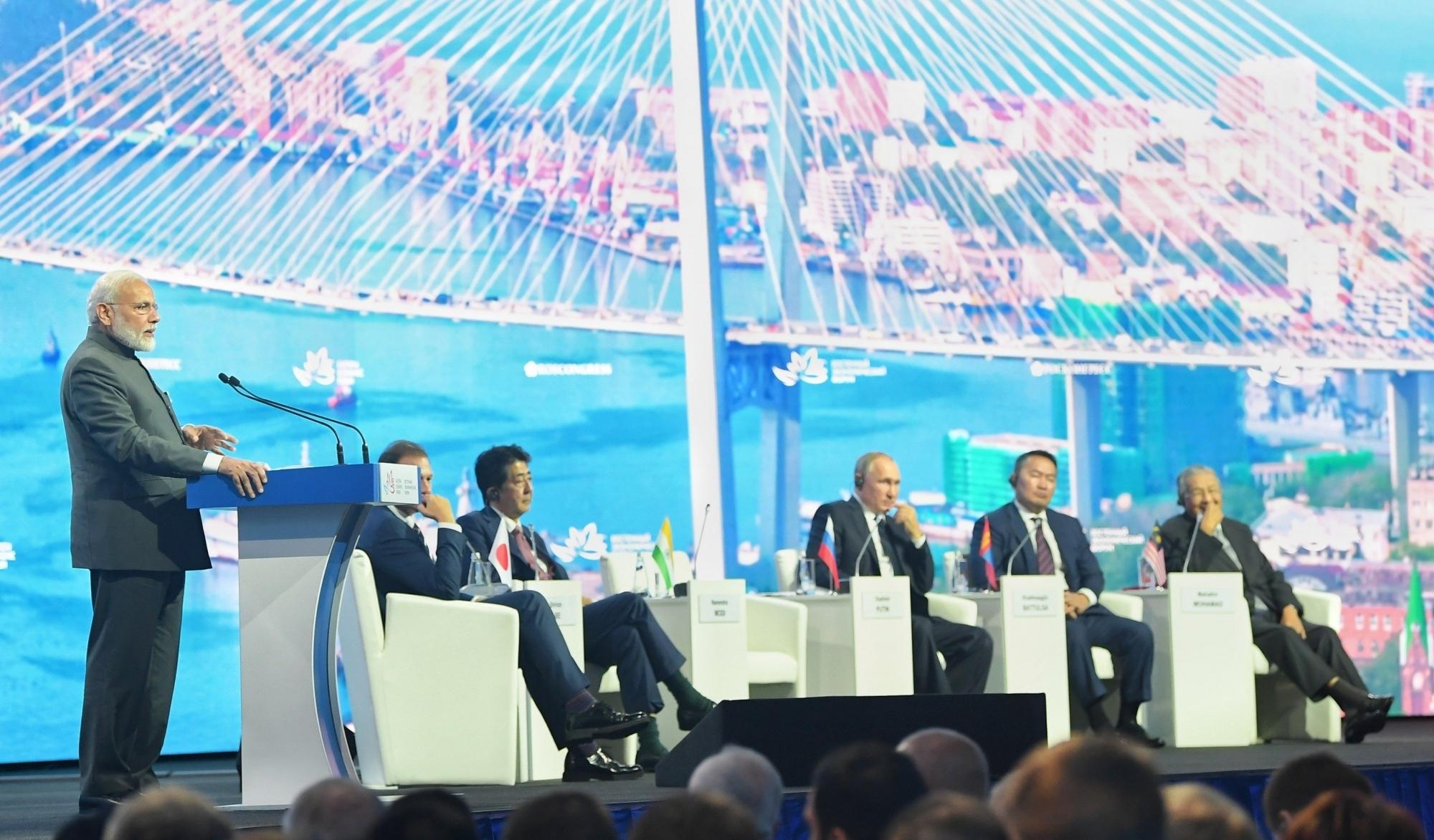The United Nations’ General Assembly held its annual session Sept. 24-30, 2019 in New York City. The participants were heads of states and high-ranking officials of UN member countries, including Armenia’s Prime Minister Nikol Pashinyan, Turkish President Recep Tayyip Erdogan and Azerbaijan’s Foreign Minister Elmar Mammadyarov. Surprisingly, Azerbaijan’s President Ilham Aliyev was absent — a big mistake on his part!
The first speech was delivered by Erdogan on Sept. 24, 2019. After speaking about the lofty notions of justice and equality, which are constantly violated by Turkey, Erdogan once again complained about the fact that Turkey is not represented among the five Permanent members of the UN Security Council (US, UK, France, China and Russia) which have a veto power. Long before Turkey is admitted to such an exclusive club, India, Brazil, and possibly Germany should have a priority over Turkey. Erdogan also misrepresented Turkey as the country that “has inflicted the first and heaviest blow” to ISIS terrorists in Syria. In reality, Turkey has been the biggest supporter of ISIS terrorists! Surprisingly, Erdogan blamed Greek Cypriots for Turkey’s continued occupation of Northern Cyprus. He also criticized Israel for its mistreatment of Palestinians.
Turning to the Caucasus, Erdogan stated: “it is unacceptable that Nagorno-Karabakh and its surrounding areas, which are Azerbaijani territories, are still occupied despite the [UN] resolutions adopted.”
Nikol Pashinyan, the Prime Minister of Armenia, addressed the UN General Assembly on Sept. 25, 2019, condemning Azerbaijan for its unwillingness to resolve the “Nagorno Karabakh” (Artsakh) conflict. He said that the solution to the conflict must be acceptable to all three populations of Armenia, Artsakh and Azerbaijan.
Regarding Turkey, Pashinyan stated that “by refusing to establish diplomatic relations with Armenia, overtly assisting Azerbaijan against Armenia and Nagorno Karabakh, Turkey remains a serious threat to Armenia and the Armenian people, who had experienced the deep tragedy of the genocide and continue to face the fierce denial of truth and justice.”
Speaking at the UN General Assembly on Sept. 28, 2019, Azerbaijan’s Foreign Minister Elmar Mammadyarov stated that “rather than wasting time on attempts to mislead the international community and its own people, Armenia must drop its lousy attempts to prolong the unsustainable status quo and faithfully comply with its international obligations.” The sooner Armenia gives up its “aggressive and hostile policy in the region,” the better it would overcome its “serious political, economic and social burden,” Mammadyarov said.
Armenia’s UN delegate exercised his “right of reply” to Azerbaijan’s Foreign Minister Mammadyarov’s speech, accusing him of distorting the conflict of Nagorno Karabakh. Armenia’s representative then mentioned the Azeri massacres of Armenians in Sumgayit, Azerbaijan, in 1988. He added that Nagorno Karabakh was never a part of Azerbaijan.
Azerbaijan’s representative then responded with his own “right of reply.” The Armenian and Azerbaijani delegates proceeded to deliver a series of remarks replying to each other’s accusations.
Meanwhile, Prime Minister Benjamin Netanyahu displeased with Erdogan’s criticism of Israel at the UN General Assembly, condemned him harshly according to the Jerusalem Post: “Prime Minister Netanyahu slammed Turkish President Recep Tayyip Erdogan on Tuesday calling him a liar and saying that ‘he who doesn’t stop lying about Israel, he who kills Kurds in his own country, he who denies the terrible crimes against the Armenians — that person should not preach to Israel.’”
Netanyahu’s comments did not please Armenians around the world who pointed out that under his leadership Israel has rejected the veracity of the Armenian Genocide and blocked the acknowledgment of the Armenian Genocide by the Knesset (parliament). Netanyahu’s words were viewed as simply a disingenuous attempt to use the Armenian Genocide as a tool to bash Erdogan, while Israel itself has not acknowledged the Armenian Genocide. This is the height of hypocrisy by Netanyahu!
As I have repeatedly pointed out, the Israeli government, as the leadership of a nation that has suffered genocide itself, should have been the first country to recognize the Armenian Genocide, not the last. At this late stage, even if Israel were to recognize the Armenian Genocide, it would be a pointless exercise as dozens of countries and international organizations have already acknowledged the Armenian Genocide. By continuing its shameless refusal to recognize the Armenian Genocide, the Israeli government is simply tarnishing its own reputation in the international community.
Even the Prime Minister of India Narendra Modi joined the political fray in New York by meeting with the President of Cyprus and the Prime Ministers of Armenia and Greece to indicate his displeasure at Turkish President Erdogan’s siding with Pakistan in his UN speech. Such a meeting is definitely in the interests of Armenia, Cyprus and Greece in order to counter Pakistan’s cozy relationship with Turkey and Azerbaijan. In June, the Foreign Ministers of Armenia, Cyprus and Greece met in the Cypriot capital of Nicosia to discuss an expansion of their relations. All three countries share the common goal of opposing Turkish hegemony in the region.
To end on an amusing note, Pres. Erdogan refused to sit at Pres. Trump’s table with other heads of states at a banquet given by the U.S. President at the United Nations last week, since Egyptian Pres. Abdel-Fattah El-Sisi, whom the Turkish President abhors, was sitting at that table. Erdogan’s chair remained empty, depriving him of the golden opportunity to brainwash Pres. Trump during dinner!



